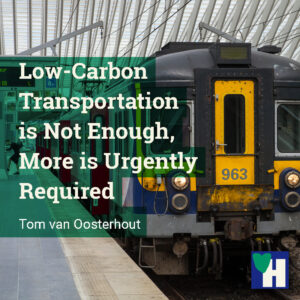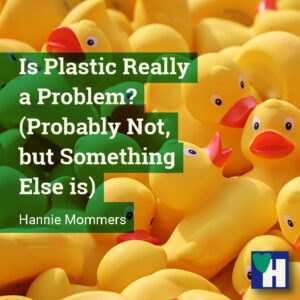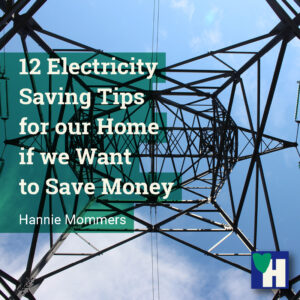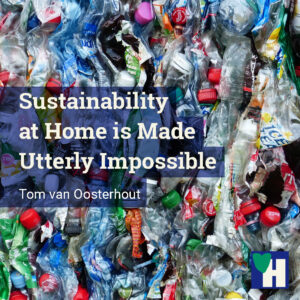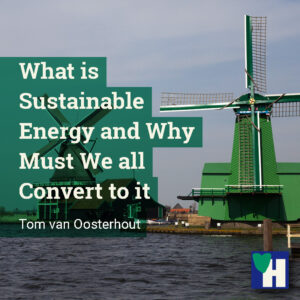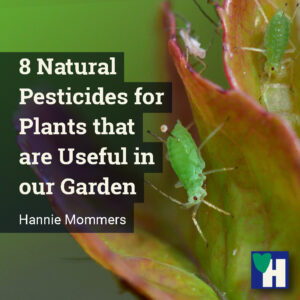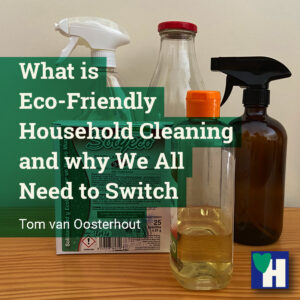
What is eco-friendly household cleaning and why is it not a very popular subject? Greenpeace and other environmental advocates do not waste any words on eco-friendly household cleaning.
This is partly because they believe that environmental problems can only be solved by pressurizing governments to take on big multinational corporations.
Although this is a comprehensible tactic, it denies the power consumers can exercise. And actually have to exercise.

